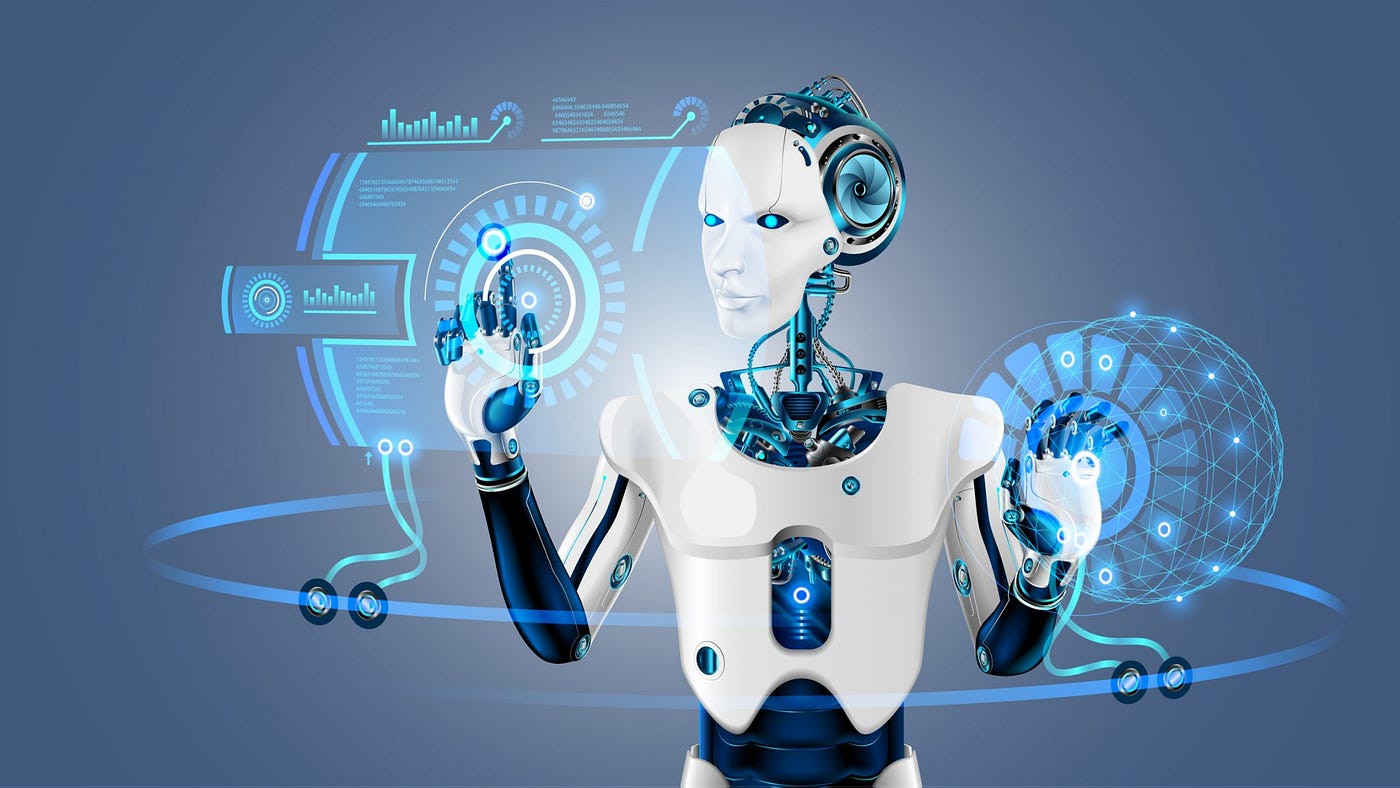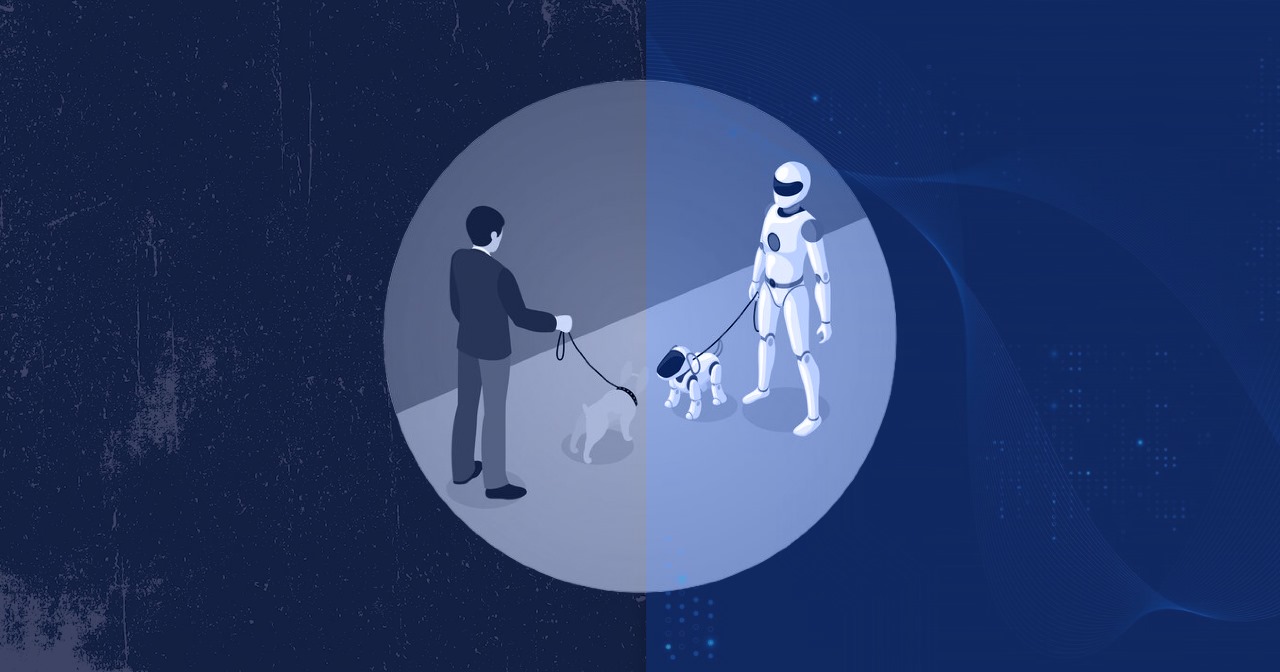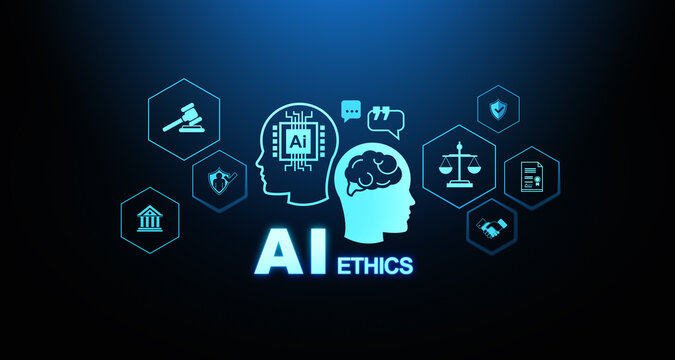The Ethics of AI: Are We Ready for a Robot-Driven World?
Artificial intelligence (AI) is no longer a futuristic concept confined to science fiction. It is here, transforming industries, reshaping economies, and influencing our daily lives. From self-driving cars to AI-powered healthcare diagnostics, the capabilities of AI are expanding at an unprecedented pace. But as we stand on the brink of a robot-driven world, a critical question arises: Are we ready for the ethical challenges that come with it?
This article explores the ethical implications of AI, examining the benefits, risks, and moral dilemmas that accompany its rapid advancement. It also delves into the role of governments, corporations, and society in ensuring that AI serves humanity responsibly.
The Rise of AI and Automation
AI has already made significant strides in various sectors. In healthcare, AI algorithms can diagnose diseases with remarkable accuracy, often outperforming human doctors. In transportation, self-driving cars promise to reduce accidents caused by human error. In finance, AI-powered systems analyze vast amounts of data to detect fraud and optimize investments.
The benefits of AI are undeniable. It enhances efficiency, reduces costs, and solves complex problems that were once thought impossible. However, as AI becomes more integrated into our lives, it also raises profound ethical questions.
Ethical Concerns in AI Development
1. Bias and Discrimination
One of the most pressing ethical issues in AI is bias. AI systems learn from data, and if that data is biased, the AI will perpetuate and even amplify those biases. For example, facial recognition technology has been shown to have higher error rates for people of color, leading to concerns about racial discrimination. Similarly, AI-powered hiring tools have been found to favor male candidates over female ones, reflecting historical biases in the workforce.
Addressing bias in AI requires diverse and representative datasets, as well as ongoing monitoring to ensure fairness. However, achieving true fairness is easier said than done, as biases are often deeply embedded in societal structures.
2. Privacy Issues
AI systems rely on vast amounts of data to function effectively. This raises significant privacy concerns, as personal information is often collected, analyzed, and shared without individuals' full understanding or consent. For instance, smart home devices like Amazon’s Alexa or Google Home record conversations to improve their algorithms, but this practice has sparked debates about surveillance and data security.
The challenge lies in balancing the benefits of AI with the need to protect individual privacy. Striking this balance requires robust data protection laws and transparent data practices.
3. Job Displacement
Automation powered by AI has the potential to displace millions of jobs, particularly in industries like manufacturing, retail, and transportation. While AI creates new opportunities in tech and data science, it also exacerbates income inequality and leaves many workers struggling to adapt.
The ethical question here is how to ensure a just transition for those affected by automation. Solutions may include retraining programs, universal basic income, and policies that encourage job creation in emerging fields.
4. Accountability
When an AI system makes a mistake or causes harm, who is responsible? This question becomes increasingly complex as AI systems become more autonomous. For example, if a self-driving car is involved in an accident, is the manufacturer, the software developer, or the user at fault?
Establishing accountability in AI requires clear regulations and standards, as well as mechanisms for redress when things go wrong.
The Moral Dilemma of AI Decision-Making
One of the most fascinating and troubling aspects of AI is its ability to make decisions. However, programming ethics into machines is no easy task. Consider the Trolley Problem, a classic ethical thought experiment: If a self-driving car must choose between hitting a pedestrian or swerving and risking the passenger’s life, what should it do?
This dilemma highlights the challenges of encoding human values into algorithms. Different cultures and individuals have varying moral frameworks, making it difficult to create a one-size-fits-all solution. Moreover, machines lack the ability to understand context or emotions, which are crucial for ethical decision-making.
The Role of Governments and Corporations
As AI continues to evolve, the need for regulation and ethical guidelines becomes increasingly urgent. Governments and corporations play a critical role in shaping the future of AI.
Government Regulations
Countries around the world are beginning to address the ethical challenges of AI through legislation. For example, the European Union’s AI Act aims to regulate high-risk AI systems, ensuring they are transparent, accountable, and aligned with human rights. Similarly, the United States has introduced guidelines for AI development, though enforcement remains a challenge.
Corporate Responsibility
Tech companies like Google, Microsoft, and OpenAI have established ethical principles for AI development. These principles often include commitments to fairness, transparency, and accountability. However, critics argue that self-regulation is insufficient and that independent oversight is needed to ensure compliance.
Public Perception and Trust
Public trust is essential for the widespread adoption of AI. However, many people are wary of AI, fearing loss of control, job displacement, and ethical breaches. Building trust requires transparency, education, and meaningful engagement with the public.
For example, companies should clearly explain how AI systems work and how data is used. Governments and organizations should also invest in AI literacy programs to help people understand the technology and its implications.
The Future of AI Ethics
The future of AI ethics depends on collaboration between technologists, ethicists, policymakers, and the public. Here are some key steps to ensure a responsible AI-driven future:
Interdisciplinary Collaboration: Addressing the ethical challenges of AI requires input from diverse fields, including computer science, philosophy, law, and sociology.
Explainable AI (XAI): Developing AI systems that can explain their decisions in human terms is crucial for transparency and accountability.
Global Standards: Establishing international norms and standards for AI development can help prevent a "race to the bottom" where ethical considerations are ignored.
Public Engagement: Involving the public in discussions about AI ethics ensures that diverse perspectives are considered and that AI serves the common good.
Conclusion
The rise of AI presents both incredible opportunities and significant challenges. As we move closer to a robot-driven world, it’s crucial to address the ethical concerns head-on. By fostering collaboration, transparency, and accountability, we can ensure that AI serves as a force for good—empowering humanity rather than replacing it.
The question remains: Are we ready for a robot-driven world? The answer depends on the choices we make today. By prioritizing ethics in AI development, we can build a future where technology enhances our lives without compromising our values.




